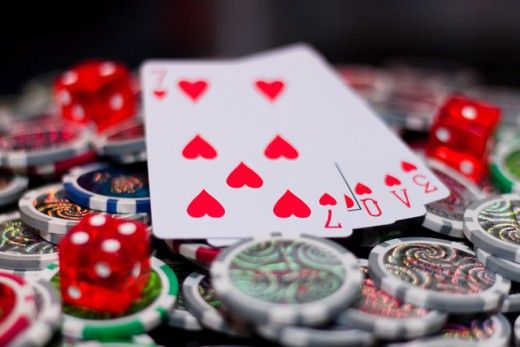Gambling has long been a captivating element of human society, woven into the fabric of culture and entertainment. From classic literature to modern films and video games, the allure of risk-taking, fortune, and chance continues to resonate 먹튀검증 안전한곳. In this blog post, we’ll explore how gambling influences popular culture and media, shaping narratives and reflecting societal attitudes.
1. Gambling in Film and Television
One of the most prominent places where gambling finds its voice is in film and television. Classic movies like Casino Royale and Rounders have immortalized the thrill of high-stakes poker, showcasing not just the games themselves but also the complex characters who inhabit these worlds. The glitz and glamour of casinos have made them perfect backdrops for storytelling, often highlighting themes of greed, betrayal, and redemption.
In recent years, television shows like Breaking Bad and Billions have further integrated gambling into their narratives, using it as a metaphor for risk and ambition. The rise of streaming platforms has allowed for more nuanced portrayals of gambling, exploring the psychological aspects and consequences of addiction alongside the excitement of winning big.
2. Literary Influence
Gambling has a rich history in literature, with authors like Fyodor Dostoevsky (The Gambler) and Ernest Hemingway exploring its psychological dimensions. These works delve into the human condition, illustrating how gambling can serve as a coping mechanism or a path to self-destruction. Contemporary writers continue this tradition, weaving tales that examine the ethical dilemmas and societal impacts of gambling.
In addition, gambling-themed novels often reflect the economic landscapes of their times, highlighting how societal attitudes toward luck and chance evolve. As we navigate an increasingly uncertain world, these narratives resonate even more deeply.
3. Video Games and Gambling Mechanics
The gaming industry has also been profoundly influenced by gambling, with many games incorporating mechanics inspired by traditional gambling practices. From Grand Theft Auto V, which features an entire casino environment, to mobile apps that simulate poker and slots, the line between gaming and gambling blurs. These games often encourage players to engage with risk in a safe environment, mirroring the thrill of real-life gambling without the financial consequences.
However, this intersection has sparked discussions about gambling addiction, especially among younger audiences. The incorporation of loot boxes and microtransactions in games has raised ethical questions, leading to debates about regulation and the potential for fostering harmful behaviors.
4. Music and Fashion
Gambling’s influence extends to music and fashion, with songs often romanticizing the lifestyle associated with gambling. Tracks by artists like Lady Gaga and The Killers use gambling as a metaphor for love and life’s uncertainties, appealing to listeners’ desires for excitement and escapism.
Fashion has also embraced the gambling aesthetic, with high-stakes themes appearing in runway shows and streetwear. Designers often draw inspiration from casino culture, merging opulence with risk, which reflects society’s fascination with both wealth and the gamble it entails.
5. Social Commentary and Reflection
Finally, gambling in popular culture serves as a lens through which we can examine broader social issues. It often reflects the anxieties and hopes of society, particularly during times of economic uncertainty. As people grapple with financial instability, gambling narratives can highlight themes of desperation and the desire for a quick fix.
Furthermore, these narratives can spark conversations about responsible gambling and the need for awareness. Media representations often reveal the duality of gambling—the thrill of winning versus the reality of addiction and loss—encouraging a more comprehensive understanding of the issue.
Conclusion
Gambling’s influence on popular culture and media is undeniable. From film and literature to music and gaming, its themes of risk, chance, and human behavior resonate deeply. As we continue to navigate this complex relationship, it’s essential to recognize both the allure and the potential pitfalls of gambling. By understanding these narratives, we can foster a healthier conversation around the impact of gambling on our lives and society as a whole. Whether it’s through the thrill of a game or the cautionary tales told through various media, gambling will undoubtedly remain a fascinating aspect of our cultural landscape.

